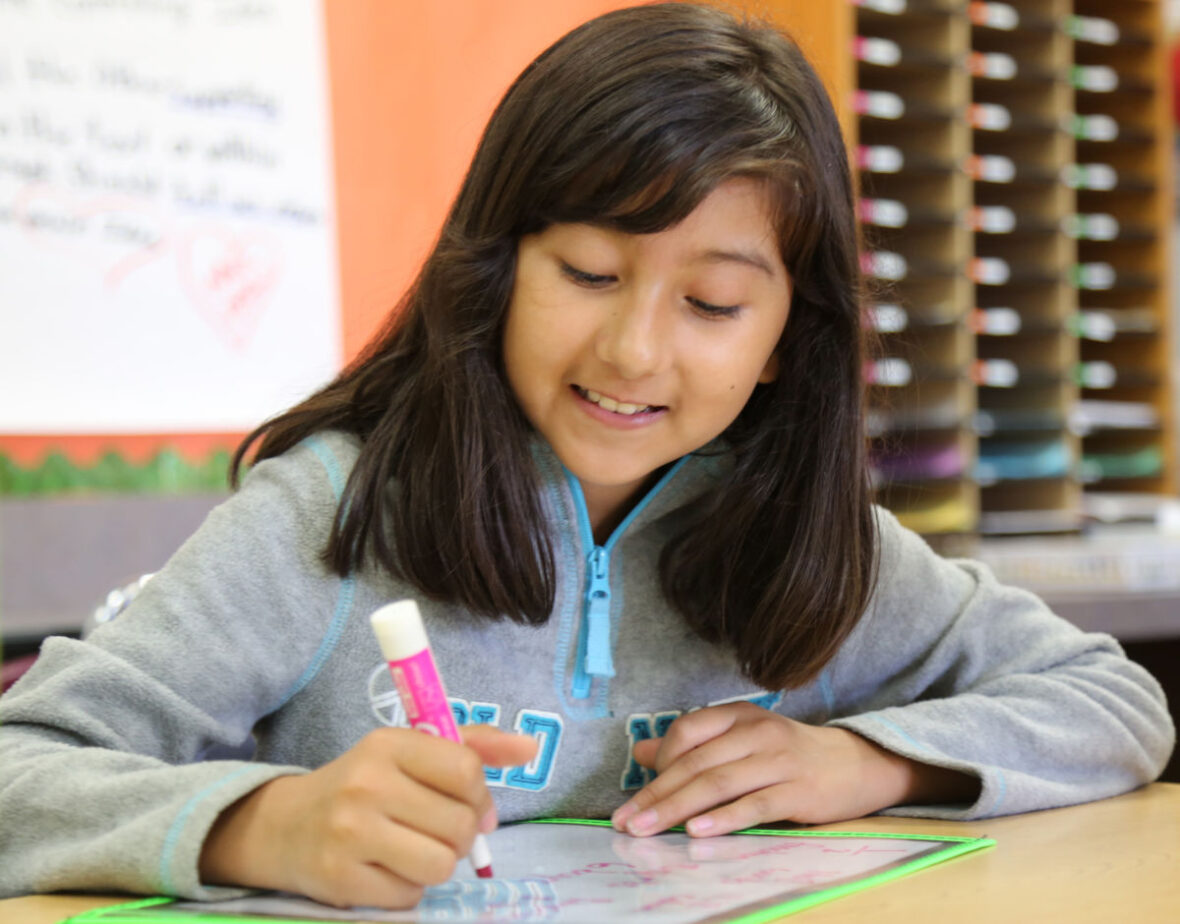
Superintendent Rob Sauer plans to do everything he can to get Homedale students back in schools next fall. Parents want kids in school, Sauer said, and he thinks the face-to-face, teacher-and-student relationship is a critical part of student success.
But as he and other Idaho superintendents make plans for how to protect students against COVID-19 in the fall, they’re working under a looming concern: liability.
Some insurance providers notified Idaho school districts earlier this year that they likely won’t help cover costs if someone catches the coronavirus at school, then sues the district.
“We’re in a very litigious society and the concern I think a lot of districts have is without that insurance, if there is a case, one case potentially could break the bank,” Sauer said.
Leaders at the State Board of Education and Gov. Brad Little’s office are considering whether Idaho schools need extra protection from lawsuits stemming from the virus.
Debbie Critchfield, president of the State Board, says liability is one of the most prominent issues districts are facing as they try to navigate the return to school.
“Whether you’re talking about teachers or kids eating lunch in the lunchroom or going out to recess or riding on the bus — so long as districts at least have a worry or a concern that regardless of their decisions somebody may ultimately sue them, they’re not going to be able to make the decisions they need to make,” Critchfield said.
Other states have waived liability concerns for businesses and healthcare providers through legislation and executive orders.
Alabama Gov. Kay Ivey issued a proclamation in March protecting businesses and state agencies — including colleges and universities — against legal claims over exposure to COVID-19, unless a plaintiff can show evidence that “wanton, reckless, willful or intentional misconduct” occurred. The order specifically protects colleges and universities and government entities. Ivey said in a statement that the order is intended to protect against “frivolous” lawsuits, while still allowing businesses to be prosecuted for serious misconduct.
The Arizona House of Representatives attempted to get similar protections written into legislation earlier this year, but the effort didn’t make it through the state Senate. The bill would have given schools protection from lawsuits unless they were found to have acted in “gross negligence,” the Arizona Republic reported.
Critchfield wants to see something similar happen in Idaho. The Legislature is not in session, so a stopgap measure would likely need to come from Little’s office.
Greg Wilson, Little’s senior education adviser, told EdNews that the governor’s office is considering the issue. Idaho does have some protections for government agencies, Wilson said in an email, and the governor’s office is “focusing on what additional protections might be needed.”
The Idaho School Boards Association released legal guidance for districts in late April, laying out a web of liability considerations superintendents should be aware of as they plan to reopen. Districts need to act to protect the children in their care, the guidance says, and could be held responsible if a district opens “too soon” and someone gets sick.
Still, there are no easy answers. The memo cites guidance from the Centers for Disease Control: “There is almost no available data on the right time to re-start schools,” it says.
In Homedale, Sauer is putting plans in place for hand-sanitizing stations in every classroom and a system to spray down school buses.
He’s trying to balance his legal concerns with the need to get students back to school next fall, and the need to keep students safe with the realities of life in the classroom.
Physical-distancing requirements pose a particular challenge. Sauer supports the governor’s health guidelines, but says it’s “nearly impossible” to keep a classroom full of kindergartners six feet from their teacher and their peers. A teacher would spend the entire day trying to enforce that rule.
“If I go out into our communities and I look at what people are doing — the overwhelming majority are not social distancing based on what I’ve observed,” he said. “Are school districts being held to a different standard than what people are practicing?”
Sauer recognizes that his concern over lawsuits might not ever come into play. There’s no way to anticipate if Homedale or any other district will face lawsuits related to the coronavirus.
But he’s hoping the state will help waive some of those liability concerns, even if just for peace of mind in the planning process.
“(We’re) trying to make sure we’re doing all that we can to be good stewards and provide appropriate education, and we’re also mindful and cautious of health and safety not only of our students but of our staff,” Sauer said.
“There are so many moving pieces and parts of this, it can definitely feel pretty daunting.”
